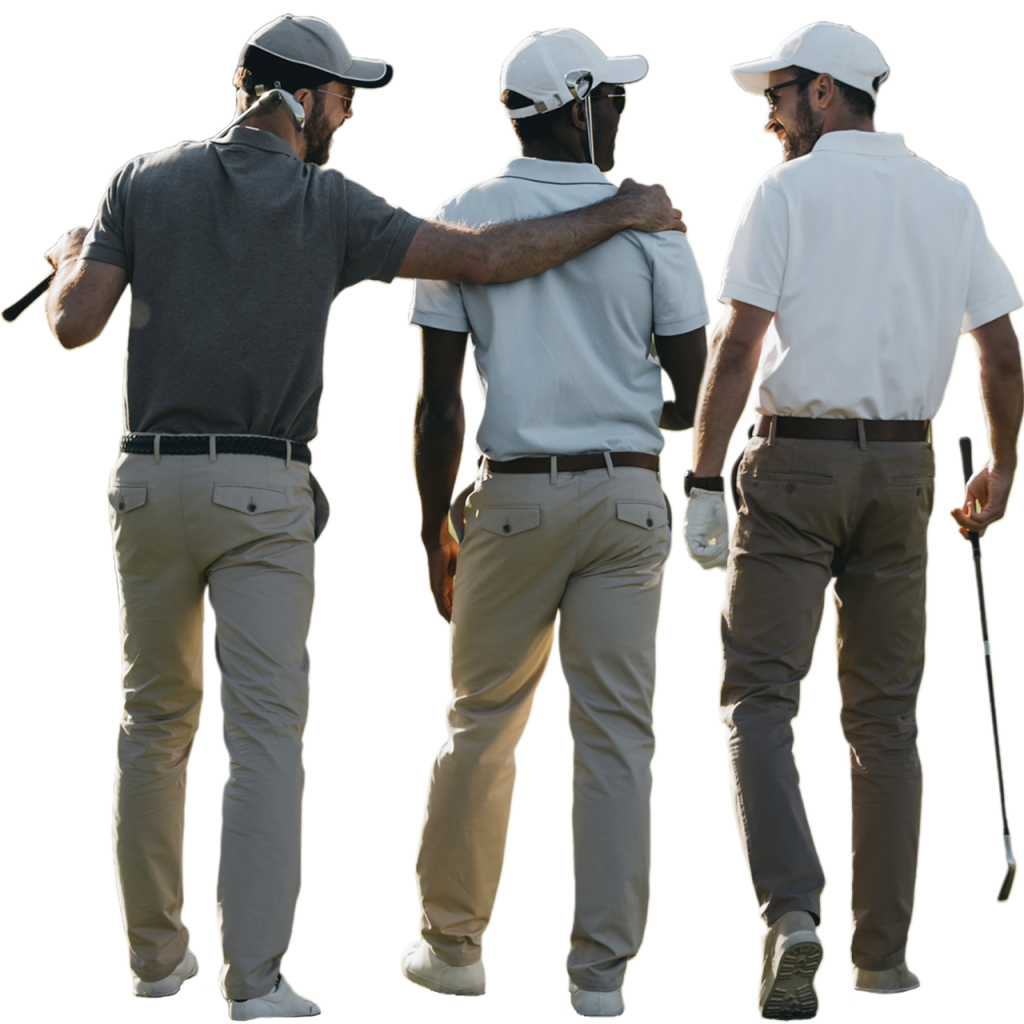
No Referral Necessary. Request an Appointment Today!
Peak Performance understands that physical therapy is much more than getting your muscles to work efficiently again. Let us provide you with the training and tools to help you stay well.
We customize every treatment plan to get you back to the activities you love with prevention strategies that will keep you healthy in the long run.
From our surgery rehab techs to our Titleist golf instructors, we utilize the latest research and evidence-based techniques to bring our patients reliable health improvement.
We recently changed bill pay providers. Please click the button for the date of your appointment to be directed to the correct online payment portal.